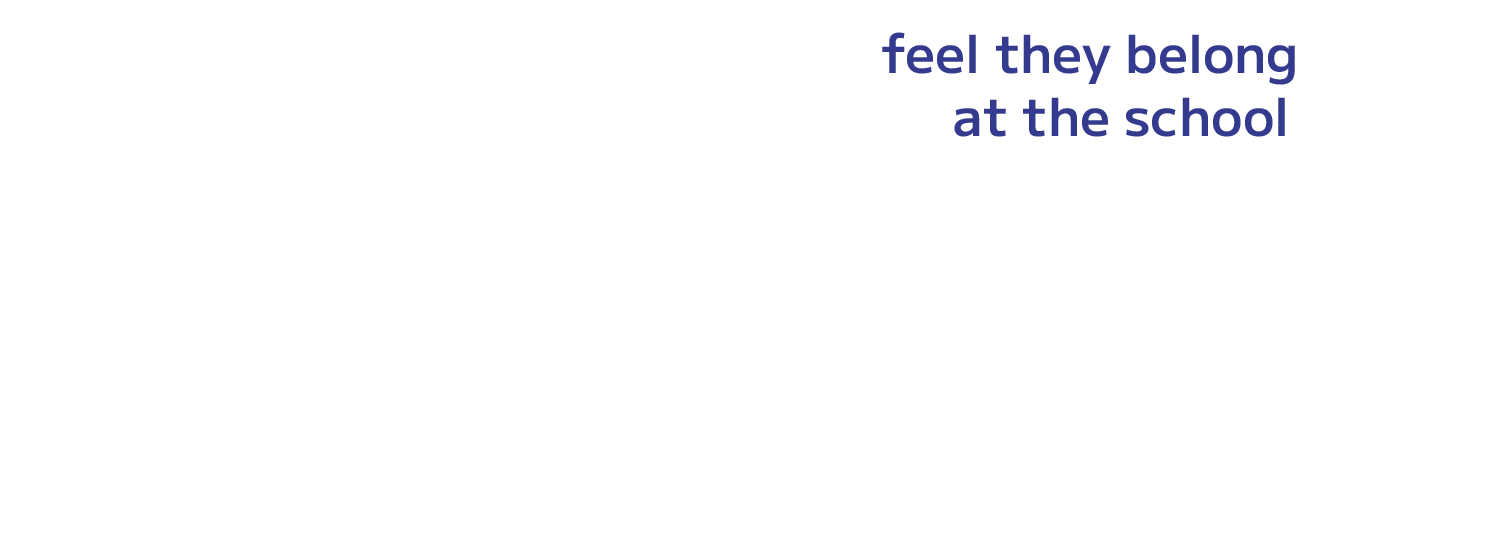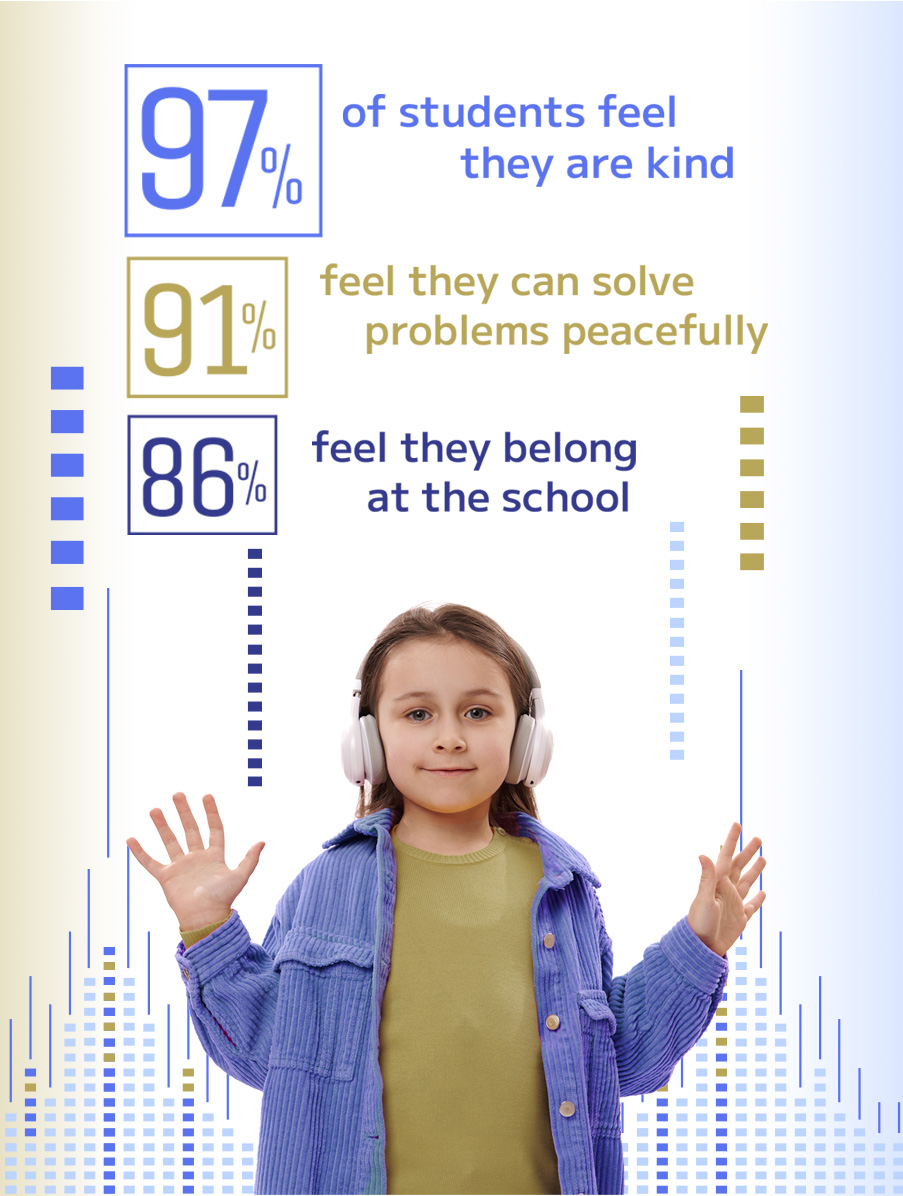SIDES School Goal One
Support and Improve Mental Health and Wellness for K-8 Learners
How can we better understand the mental health and wellness needs of our school’s K-8 learners, almost all of whom are full-time SIDES students; and
What steps can we take to support and improve their mental health and wellness outcomes?
Our K-8 program consists of full-time (SIDES school-of-record) students who progress synchronously through their coursework from September to June. However, in contrast to brick-and-mortar schools, the majority of the learning occurs at a distance, with “home facilitators” playing a major role in the learning process. The reasons for choosing online learning typically rest with parents/caregivers and can include concerns (real or imagined) about the brick-and-mortar system’s ability to support religious differences, SOGI (Sexual Orientation and Gender Identity) concerns, mental health or behavioral challenges, and physical needs. Many families value the flexibility in their students’ schedules at SIDES.
Our K-8 students are not embedded in the typical social development environment that occurs when students learn together in a traditional classroom, and many SIDES families are with us in a more transient manner, spending 1-2 years with us before transitioning back to the brick-and-mortar system. Many students thrive in an online learning environment, but we have a significant number of students who struggle to engage with our leaning model.
All these factors make it challenging to understand the mental health and wellness needs of our students and their parents/caregivers. It is also more challenging for us to fill mental health gaps that might be occurring with our students and their families.
This goal and focused inquiry questions align directly to our district strategic priority in Mental Health and Wellness. Additionally, our intended approaches are deeply connected to First Peoples Principles of Learning.
First Peoples Principles of Learning

The Mental Health and Well-Being Goal needs to ensure that:
The Mental Health and Wellness Goal needs to ensure that learning ultimately supports the well-being of the self, the family, the community, the land, the spirits, and the ancestors. We also need to ensure that learning requires exploration of one’s identity.
- K-8 programming is designed to offer a flexible schedule (both when and where the learning occurs);
- K-8 programming is highly inclusive and continually responsive to student needs;
- Regular, scheduled onsite tutoring sessions for middle school students which support community-building;
- Regular, scheduled extracurricular activities for K-9 such as Garden Club and Science Club, which support student participation alongside their peers;
- Community-building events such as K-9 Community Lunches;
- Virtual classes across the grades: these weekly sessions may include academics, but are often largely focused on community-building and sometimes include social skill development;
- Weekly Library reading sessions (called “Midday Mojo”) which build community and connection among SIDES’ youngest learners;
- Include mindfulness and mental health literacy in courses;
- Actively support home facilitators with effective use of technology to support learning in the home; and
- Implement early interventions (e.g. learning assistance, SLP (Speech Language Pathology), reading support) where possible to help students experience success.
Over the 2023-24 year, we will track progress on our initiatives identified in this year’s plan. More specifically:
- Our onsite events are attended by a small percentage of students who live locally. Those students clearly benefit from the social connections that are built during their time onsite, and in turn, this supports their mental health and wellness;
- Students who live outside the greater Victoria area cannot generally access our onsite community-building opportunities, and we know there is an inequity;
- Include mindfulness and mental health literacy in courses;
- Many families who chose SIDES during the pandemic chose to remain at SIDES; and
- The Ministry has recently developed a new Online Learning Survey for students and parents, which will allow us to better identify growth areas for SIDES.
Summary learning, based on evidence gathered over the year, will provide us with key learnings to guide next steps for the 2024-25 school year and beyond. More specifically:
- We will look to increase community-building opportunities, both in-person and at a distance;
- We are planning to use our Street Data team to conduct Empathy Interviews with students; and
- We continue to explore the possibility of a blended program which would provide for regular onsite opportunities which could help support mental health in two ways: it would allow students to foster social connections which are vital to supporting their mental health, and it would allow SIDES staff to better identify students who may need support.









